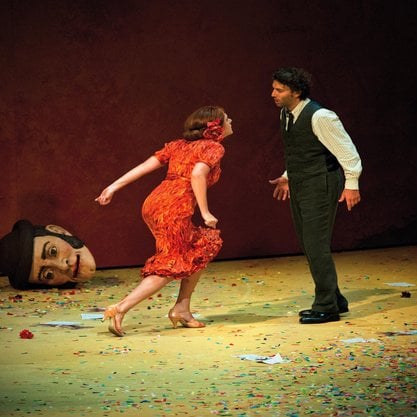Article
Péguy, Charles (1873–1914) By Coustille-Cossou, Charles
Article
French writer of the beginning of the twentieth century Charles Péguy was a socialist, a dreyfusard, a republican, a nationalist, a catholic, a mystic, successively or at the same time. Throughout his various identities, he remained first and foremost attached to literature.
Born in 1873, son of a carpenter and an upholsterer, rising from the Ecole Normale of Orléans for primary school teachers to the prestigious Ecole Normale Supérieure of Paris-Ulm, in his youth Péguy incarnated the meritocratic success idealised in the Third Republic, benefiting from a state policy that he would later call: ‘school follies’ (‘les folies scolaires’).


